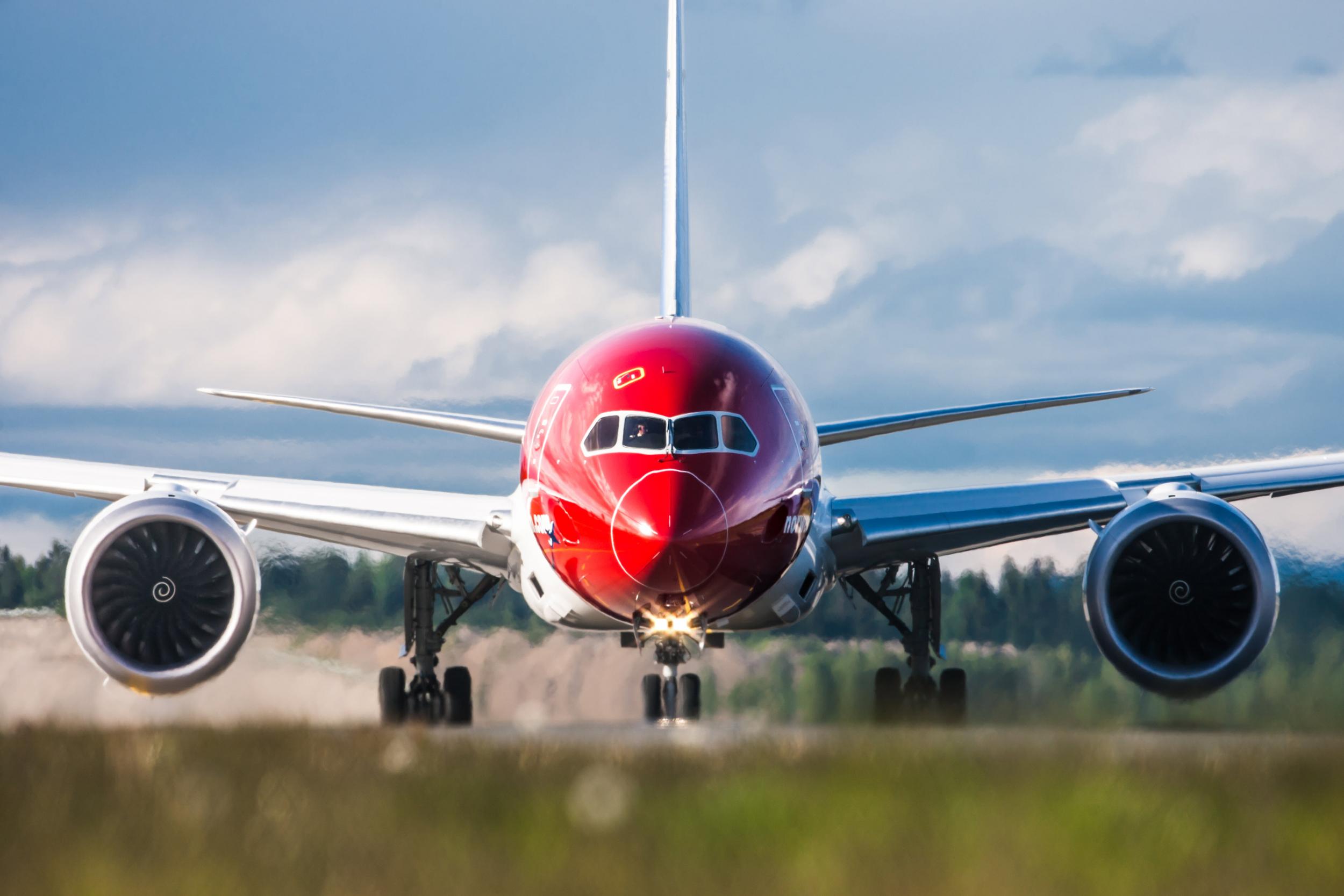Open skies: Not all aviation liberalisation deals are equal
Plane Talk: Four of the nine aviation deals signed since the EU referendum are with the aviation powerhouses of Albania, Georgia, Kosovo and Montenegro

Your support helps us to tell the story
From reproductive rights to climate change to Big Tech, The Independent is on the ground when the story is developing. Whether it's investigating the financials of Elon Musk's pro-Trump PAC or producing our latest documentary, 'The A Word', which shines a light on the American women fighting for reproductive rights, we know how important it is to parse out the facts from the messaging.
At such a critical moment in US history, we need reporters on the ground. Your donation allows us to keep sending journalists to speak to both sides of the story.
The Independent is trusted by Americans across the entire political spectrum. And unlike many other quality news outlets, we choose not to lock Americans out of our reporting and analysis with paywalls. We believe quality journalism should be available to everyone, paid for by those who can afford it.
Your support makes all the difference.The leading political journalist and broadcaster, Andrew Pierce, is a keen Brexiteer. On Wednesday evening, he tweeted: “US & UK have agreed an open skies policy after Brexit slaying yet another Project Fear myth.”
Mr Pierce was working from the same Department for Transport (DfT) press release that I had received, headed: “UK and US agree new open skies arrangements.” So you could see his point.
“Open skies” deals have done wonders for airline passengers. They tear up restrictions that governments often like to impose on routes, capacity, and fares, allowing competition to flourish: offering a wider range of cheaper flights and operating them efficiently.
The US and the UK led the liberation of aviation, and the DfT assured travellers that the new treaty "will guarantee the continuation of the vital transatlantic routes used by tens of millions of passengers a year".
But not all open skies treaties are equal. Before I could sensibly comment on the deal I needed to know the details. What does it say about airlines such as Norwegian, which offers a formidable range of flights between Gatwick and US cities from Boston to Los Angeles?
The DfT told me it would not be revealing the details of the deal. I found this surprising and disappointing given the importance of the agreement as a dimension in the whole Brexit drama. But a clue came in the same press release in a quote from Willie Walsh, chief executive of BA’s parent company, IAG.
“The agreement, which closely follows the Model US Open Skies Agreement, facilitates strong competition and is clearly pro-consumer,” he said.
Unlike the UK-US deal, that American open skies template is easy to find. The document makes it clear that only airlines with “substantial ownership and effective control” in one or other country can open routes.
Norwegian, as its name suggests, is owned and controlled from Norway. I understand the Oslo-based airline will be treated as having historic rights and will be allowed to continue to fly.
But new entrants from the European Union and related countries hoping to cash in on the richest aviation market in the world need not apply. So, for example, the Air France subsidiary Joon or Lufthansa offshoot Eurowings would not be able to start up a transatlantic network from the UK.
With constraints on future competition, you can see why airlines such as BA and Virgin Atlantic might relish the new pact.
The DfT also pointed out that the new deal is: “One of nine arrangements agreed with countries around the world, guaranteeing the continuation of vital routes.”
Who else has signed deals with the UK to replace European agreements, then?
Of the eight, half are significant in aviation terms: Switzerland, Israel, Morocco and Iceland. But the other four are aviation powerhouses from the former Eastern Bloc: the pocket-sized nations of Albania, Georgia, Kosovo and Montenegro, with collectively around 20 flights a week to the UK.
Canada, we are promised, is close to concluding a deal. But it is scarcely believable that, in the 29 months since the referendum, no deal has been signed with Australia and New Zealand.
The EU has agreements with both countries. Yet there is only one European nation – indeed only one airport in one city – that has links with Australia and New Zealand and that is London Heathrow.
To use the words of Liam Fox, the international trade secretary, when he talked about concluding a trade deal with the European Union, getting a comprehensive air transport agreement “should be one of the easiest in human history”.
The DfT says: “The government will now work closely with industry to continue to look for opportunities to expand our global aviation network even further.” With less than four months remaining before the UK leaves the EU, it had better hurry. That is not “Project Fear” – it is reality.
Join our commenting forum
Join thought-provoking conversations, follow other Independent readers and see their replies
0Comments